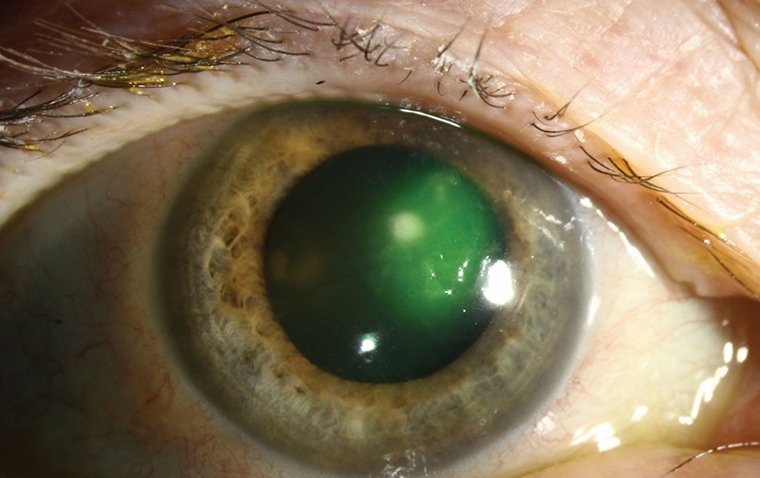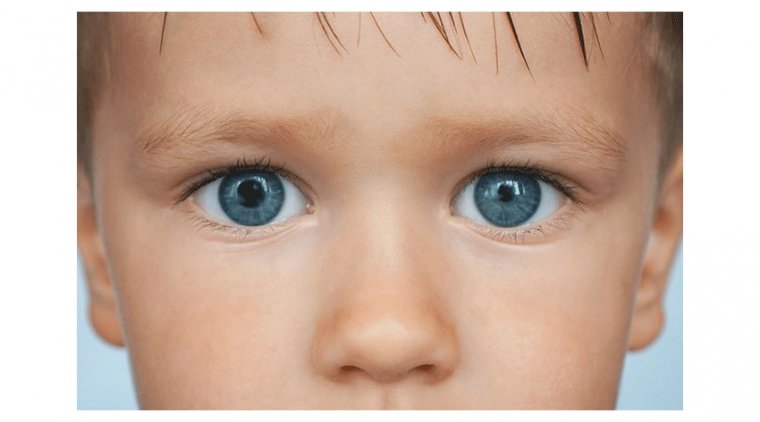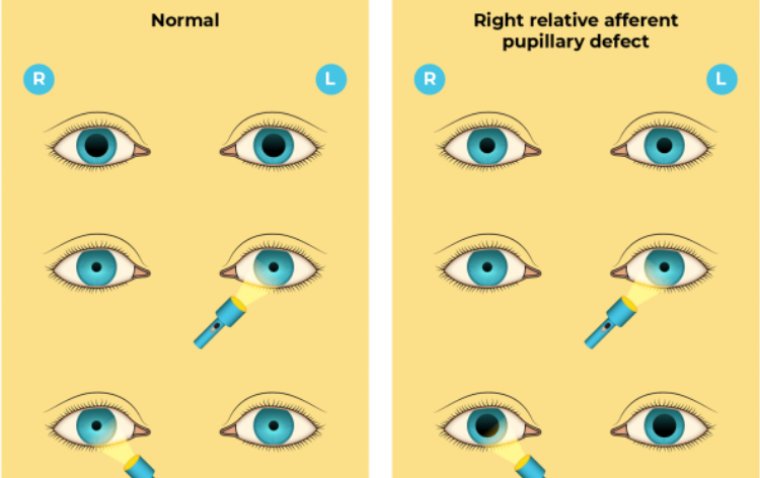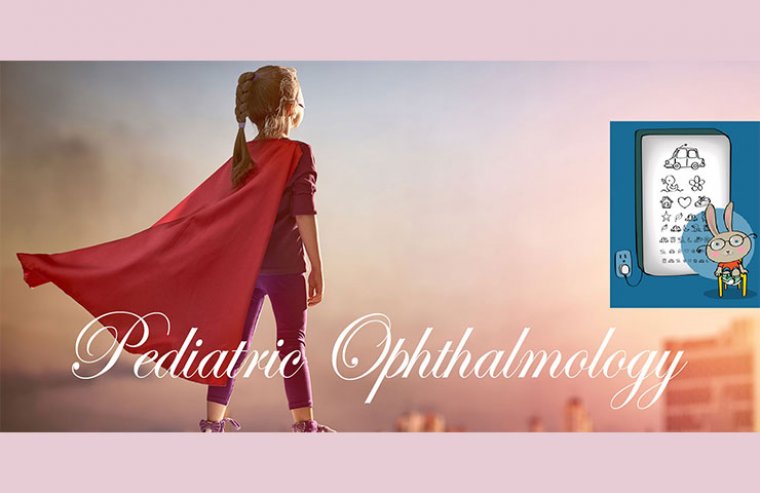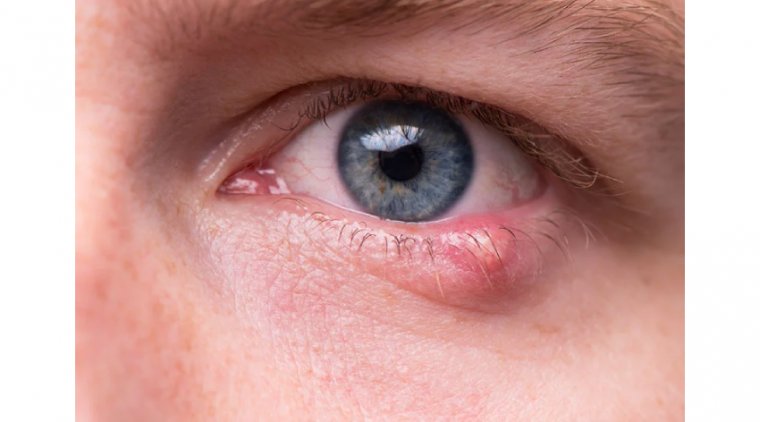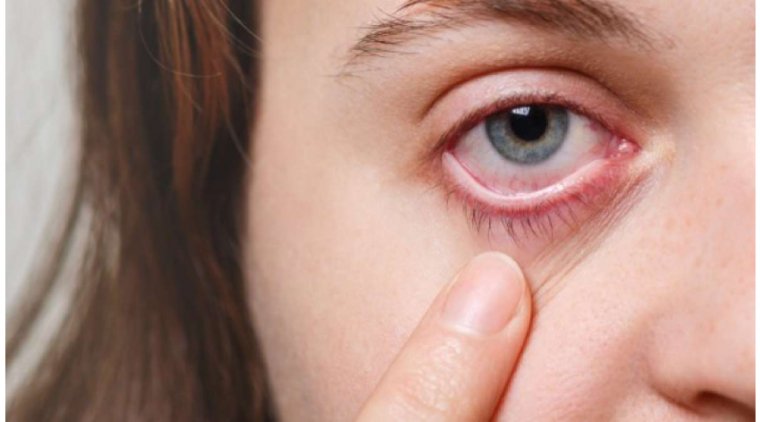
LinkedIn Survey: Eye Health Professionals Embrace Complementary Therapies
According to our recent LinkedIn survey results, 58% of ophthalmologists incorporate alternative or complementary therapies into their treatment plans for ocular diseases. This indicates that many healthcare professionals recognize the importance of a holistic approach to eye health.
The Importance of a Holistic Approach to Eye Health
The eye is a complex organ that requires a multifaceted approach to maintain its health. While traditional medical interventions such as medication and surgery are important, they may not address the root cause of a problem. A holistic approach to eye health takes into consideration a person's overall well-being and considers all aspects of their lifestyle, including diet, exercise, stress management, and sleep. Alternative and complementary therapies can play a significant role in this approach by providing patients with additional tools for managing their conditions.
Alternative or complementary therapies can be an important part of a holistic approach to eye health. These therapies may include acupuncture, herbal remedies, meditation, and nutritional supplements. They can help to address underlying issues that may be contributing to eye problems, such as inflammation, stress, and poor nutrition.
Acupuncture
One possible approach to alternative therapies for ocular diseases is acupuncture. This ancient Chinese practice involves inserting thin needles into specific points on the body to stimulate energy flow and promote healing. Acupuncture has been shown to be effective in treating various eye conditions, including glaucoma and dry eye syndrome.
Additionally, acupuncture can help to reduce stress and tension in the body, which can also have a positive impact on eye health. Therefore, acupuncture can be an effective and natural way to maintain and improve eye health.
Herbal Medicine
Another approach is herbal medicine, which involves using plant-based remedies to promote eye health. Certain herbs contain compounds that can have a positive effect on eye health and may be used to prevent or treat conditions such as dry eyes, cataracts, macular degeneration, and glaucoma.
For example, bilberry is a commonly used herb that contains anthocyanins, which can help to improve blood flow to the eyes and protect against oxidative stress. Similarly, ginkgo biloba is another herb that has been shown to improve blood flow and protect against age-related macular degeneration.
Other herbs such as eyebright and chamomile may be used to soothe and reduce inflammation in the eyes. Herbal medicine can be a natural and effective way to support and maintain eye health, and it may also be used in conjunction with other treatments to enhance their effectiveness. However, it is important to consult with a qualified healthcare professional before using any herbal remedies to ensure safety and appropriate dosing.
Nutritional Therapy
Nutritional therapy is another alternative approach that can benefit eye health. Nutrients such as vitamin A, C, E, and minerals like zinc and copper, are essential for the healthy functioning of the eyes. Deficiencies in these nutrients have been linked to conditions like cataracts, macular degeneration, and dry eye syndrome.
Nutritional therapy can also be used to treat existing eye conditions, as certain vitamins and minerals have been shown to slow the progression of certain eye diseases. A well-balanced diet that includes fruits, vegetables, whole grains, and lean proteins can provide the necessary nutrients for healthy eyes, but in some cases, supplements may be needed. Working with a qualified nutritional therapist can help individuals identify any deficiencies and develop a personalized plan to improve and maintain their eye health.
Meditation & Yoga
Meditation and yoga can significantly improve eye health by reducing stress levels and promoting relaxation. Prolonged periods of stress and tension can lead to eye strain and fatigue, which can result in conditions such as dry eye syndrome and blurred vision. Engaging in regular meditation and yoga practices can help alleviate stress and tension, which can in turn reduce eye strain and improve eye health.
Additionally, certain yoga poses, such as the downward-facing dog, can improve blood circulation to the head and eyes, which can aid in preventing eye diseases such as glaucoma. Meditation and yoga can also improve sleep quality, which is essential for eye health. By reducing stress, improving blood flow, and promoting relaxation, meditation and yoga can be highly beneficial in maintaining healthy eyes.
To sum up...
The results of the LinkedIn survey show that many healthcare professionals are incorporating alternative and complementary therapies into their treatment plans for ocular diseases. By taking a holistic approach to eye health, patients can benefit from a wide range of therapies that address not only the physical aspects of their condition but also their mental, emotional, and spiritual well-being. With the help of alternative and complementary therapies, patients can achieve optimal eye health and overall wellness.
(1).jpg)
.PNG)
